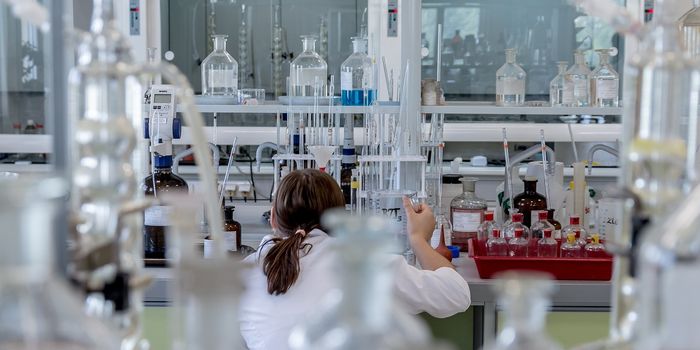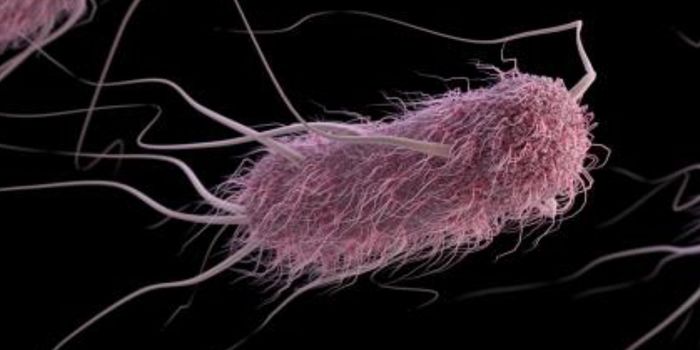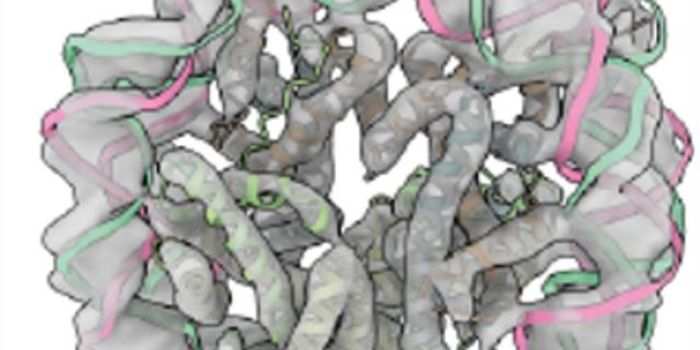Researchers Slow Aging in Cells
Scientists are still determining whether humans will reach a maximum possible age or if we can extend lifespan indefinitely. One thing we know is that the aging we see and feel in our bodies is connected to aging that individual cells experience. Yeast is a common model in molecular biology that is often used to study aging. In 2020, scientists found that yeast cells could go down one of two aging paths; in one, structures called nucleoli were degraded and ribosomal DNA experienced less silencing; in the other, mitochondria were affected and heme accumulation was reduced. The researchers suggested that these were two distinct types of terminal aging.
In follow-up work, the research team has manipulated the genetics of those pathways, and have extended the lifespan of cells by doing so. The work has been reported in Science. The investigators applied a solution to the cells that altered gene circuits to stop the cells from deteriorating.
Gene circuits can exert biological control like our electrical circuits at home control appliances, explained senior study author Professor Nan Hao, co-director of the Synthetic Biology Institute at UC San Diego.
The scientists had found that a central regulatory circuit caused cells to age in different ways. They sought to extend the life of cells by cycling them from one aging pathway to the other. In this work, they rewired the central genetic circuit controlling the pathways so it would contain a negative feedback loop. The created an oscillating state in which cells periodically switched from one state of aging to the other, without committing to either one for too long. This effectively slowed the degeneration of the yeast cells, and gave them a much longer lifespan.
Computer simulations were used to test various modifications to the circuit, rather than having to experimentally determine which would be best. “This is the first time computationally guided synthetic biology and engineering principles were used to rationally redesign gene circuits and reprogram the aging process to effectively promote longevity,” said Hao.
The altered yeast cells that switched aging states lived about 82 percent longer than cells that were unaltered and lived under the same conditions. “Our oscillator cells live longer than any of the longest-lived strains previously identified by unbiased genetic screens,” said Hao.
The investigators are now studying whether these mechanisms are at work in other types of cells.
Sources: University of California - San Diego, Science









